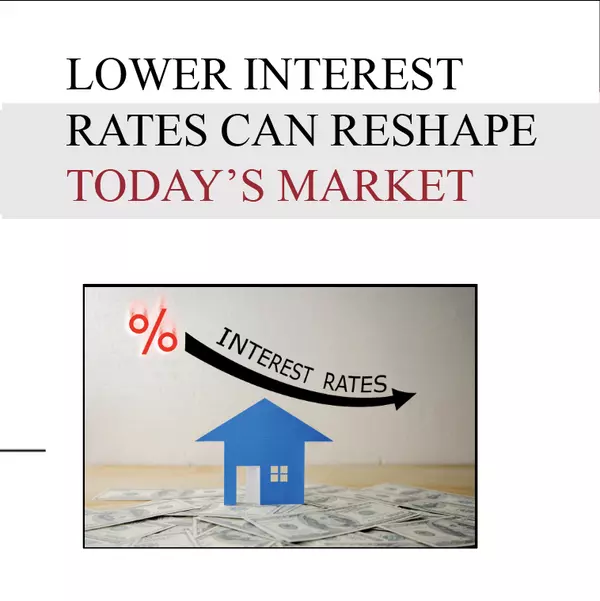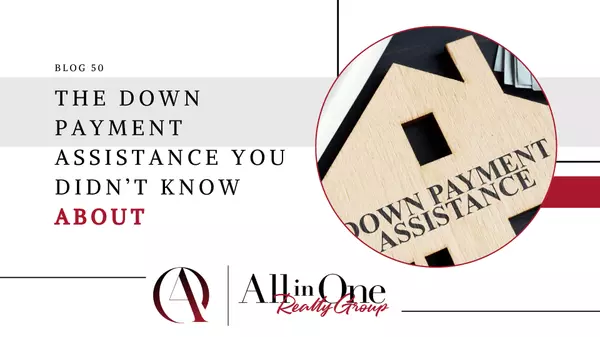
What Every Homeowner Should Know About Their Equity
Curious about selling your home? Understanding how much equity you have is the first step to unlocking what you can afford when you move. And since home prices rose so much over the past few years, most people have much more equity than they may realize. Here’s a deeper look at what you need to know

Things You Can Negotiate During a Home Sale
Homebuyers are getting a bit more negotiating power these days. And if you're buying or selling, it’s helpful to know what’s up for negotiation so you go in prepared. From prices and repairs to closing costs and appliances, there are various levers you can pull during the deal. If you want someone t

Where Will You Go After You Sell?
If you’re planning to sell your house and move, you probably know there’s been a shortage of options available. But here’s the good news: the supply of homes for sale has grown in a lot of markets this year – and that’s not just existing, or previously-owned, homes. It’s true for newly built homes t
Categories
Recent Posts












